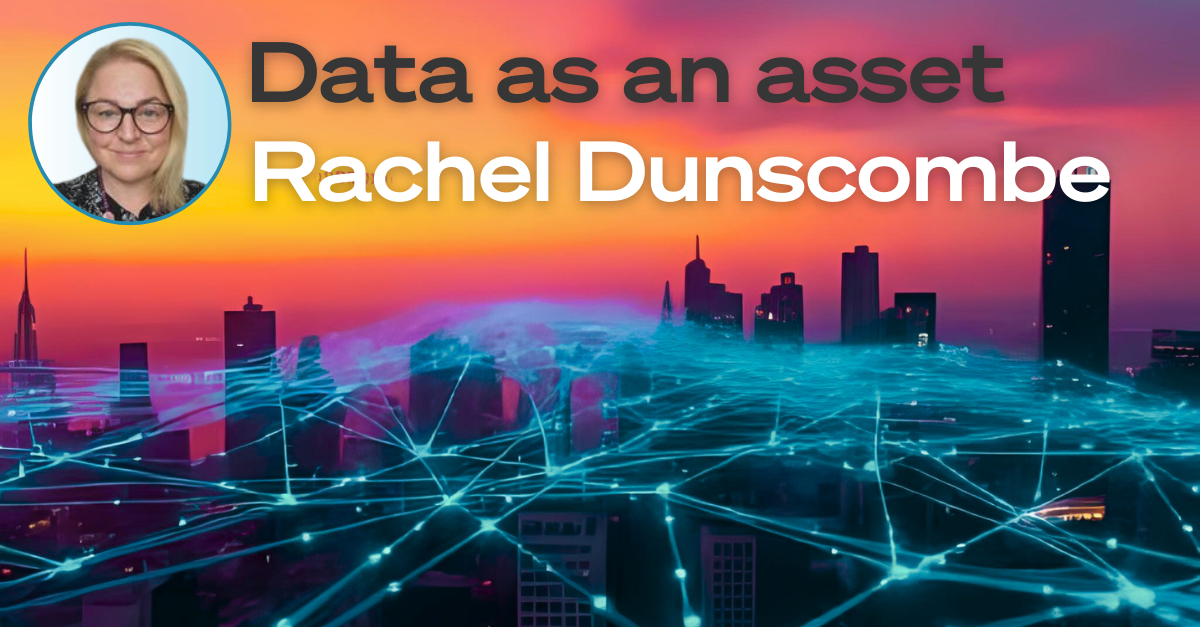Data has become one of our most valuable assets, and nowhere is this more true than in healthcare, because your health data is more than just a collection of numbers and test results: it’s the complete story of your wellbeing, accumulated over a lifetime of medical encounters, treatments and health decisions.
Now consider the power of having a comprehensive, lifelong health record. Every doctor’s visit, every medication, every family health pattern – all connected in one unified record. This could be transformative for your healthcare, your family’s healthcare, for the health of the whole human population, potentially. Having access to detailed generational health data could provide insights that help prevent illness and guide treatment decisions for years to come.
Healthcare delivery is shifting toward a more distributed model, so rather than being centred around hospitals and clinics, care is becoming patient-focused, following you wherever you need it. This transformation relies heavily on data as its foundation: the connecting tissue that links specialists, primary care providers and patients in an intelligent network capable of delivering personalised, proactive care.
Our health data currently resides in disparate systems, speaking different “languages.”
The challenge we face is semantic harmonisation. Currently, health data exists in fragmented systems that don’t communicate effectively with each other. A blood pressure reading in one system might be recorded differently than in another, not because the measurements are different, but because the systems use different terminology or coding standards. To build truly unified health records from these diverse sources, we need common standards that ensure all data can be integrated and interpreted consistently.
‘a robust, future-proof platform’
And this is where openEHR becomes essential. openEHR is an internationally recognised standard that provides a robust, vendor-neutral platform for managing health information. By separating clinical content from the underlying technology, it ensures that health data remains accessible and usable regardless of which system originally created it. This approach creates the flexibility needed for true interoperability, where information can flow seamlessly between different healthcare providers and systems.
Through openEHR, we can achieve the semantic harmonisation necessary for unified, lifelong health records. This empowers individuals to have better control over their health information while giving healthcare providers comprehensive insights needed for optimal care.
The shift toward data-driven, distributed healthcare is already underway, and standardised approaches like ours are making it possible to create a more connected and effective healthcare system.

Leave a Reply